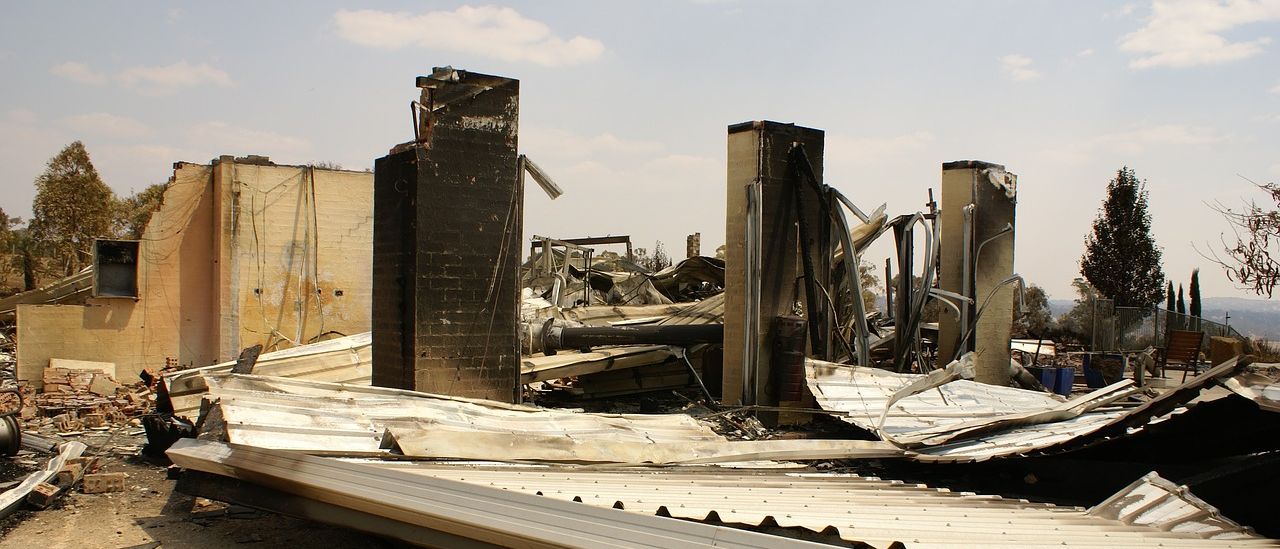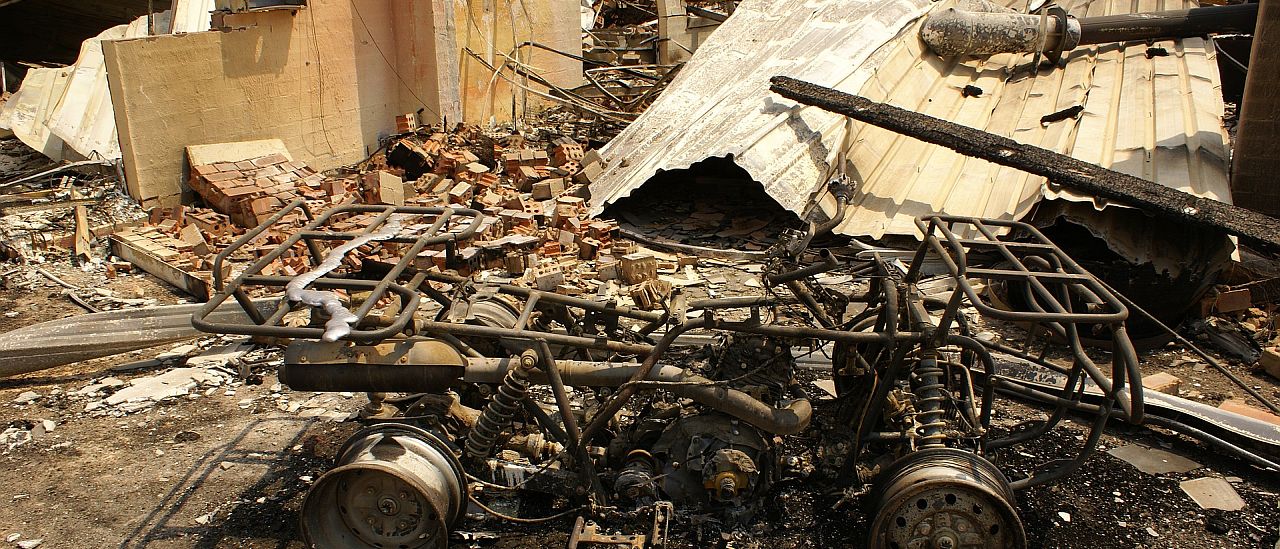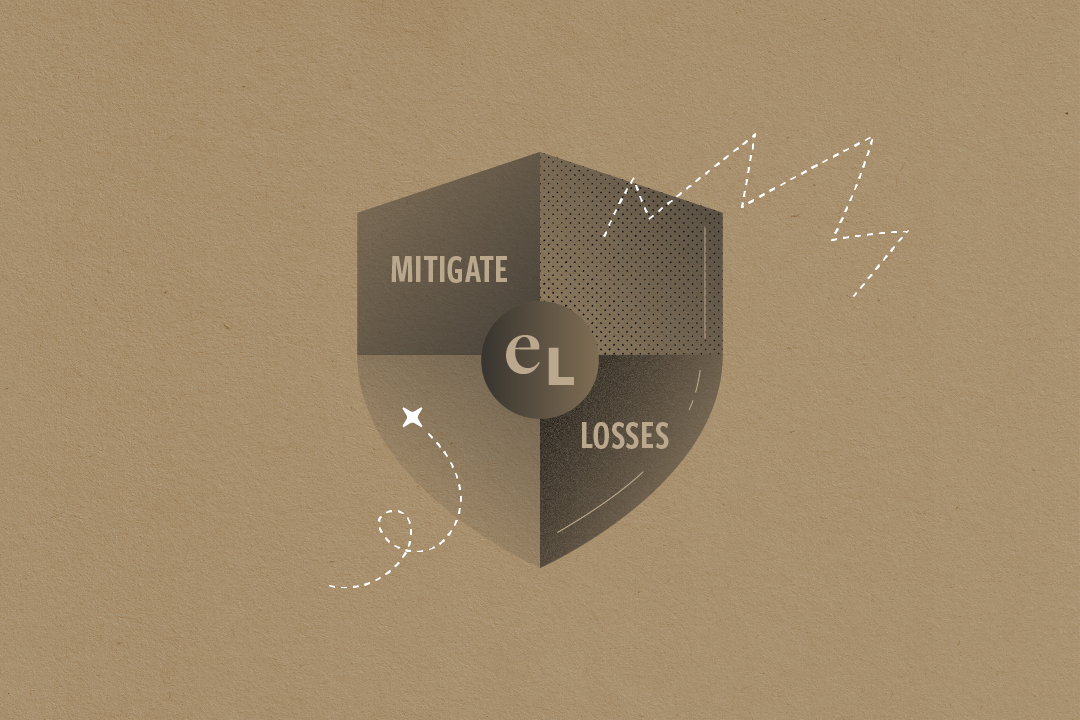In the aftermath of the many recent catastrophic weather events that have impacted the ACT and NSW, insurers have experienced a surge in claims. We hope that this guide will provide you with some assistance in navigating this area if you have suffered damage as a result of a weather event, injury, accident or other…
Review your policy documents
Your claim will be determined by the terms and conditions of your insurance policy. Accordingly, a good place to start when making a claim is to review your policy and check that the loss you have suffered is covered by your policy.
Often, the policies are written in language that is difficult for a lay person to understand, so it can sometimes take some time to navigate the numerous “exclusions” in your policy that limit its scope.
Minimise the damage
Sometimes, your claim can be impacted by whether or not you have taken measures to minimise the damage you have suffered. You should attempt to mitigate your loss by, for example, turning off your water supply, covering or sealing broken windows or roofing or removing undamaged possessions. However, buildings damaged by events such as floods and fires can pose serious dangers, so make sure that it is safe to enter prior to attempting to minimise the damage.
Contact your insurer and other relevant bodies
It is important that you notify your insurer as soon as possible after the event has occurred. They will be of some assistance in guiding you through the claim process.
If the loss/damage is the result of a criminal act such as burglary, arson, theft or vandalism, you should also notify the police as soon as possible. Ensure that you request a copy of the police report as well as the police report number, because this will be relevant to include in your insurance claim.
Depending on your insurance policy, there may be some requirements in relation to timeframes for notification. For example, if the loss/damage is the result of a criminal act, if it common for there to be a requirement that you make a police report within 24 hours, and notify the
insurer within 48 hours of the police report. Make sure that you check your policy to be aware of any relevant time limitations.
Keep detailed records
Often, accidents, injuries and disasters are very stressful events. In the immediate aftermath, you might experience shock, stress and a range of emotions. This can sometimes have an impact on your ability to remember things clearly or think logically, which are two skills that insurance
claims require. Because of this, you should try to keep detailed records of the insurance process, in the event that your memory fails or you require proof that you were told something. This could include making a written record of what happened as soon as possible after the event, or taking photographs and/or video footage of any damage.
It is also especially important to keep track of your communications with the insurer. We recommend following up phone calls with an email, and if in doubt, rephrasing something you have been told to confirm that your understanding is correct. It pays to be meticulous, so make sure that you have a paper trail to evidence discussions had between you and the insurer and
information that you have been provided.
Gather/collate your own evidence for the insurance claim
It is important that you make sure you are in the best possible position to prove the loss you have suffered, so that the insurer can be satisfied that the loss is covered by your policy, that you have actually incurred the loss and so that they may properly assess the damage. Ordinarily, this means you will need to provide the insurer with physical evidence to support your claim.
We recommend that you keep copies of any/all of the following:
• Invoices, for example from emergency repairs or hospital visits;
• Receipts, for example for medical expenses, doctor’s visits or transport;
• Police reports;
• Statements (your own or from other victims and/or witnesses);
• Photographic/video evidence, for example images of the damage;
• Quotes from tradespeople;
• Expert reports;
• Valuation reports;
• Medical certificates; and
• Evidence of ownership, such as receipts, credit card or bank statements, warranties, user manuals;
We also recommend that you do not:
• Dispose of any damaged items, as the insurer may request to inspect these afterwards (unless the damaged items are a health and/or safety hazard);
• Clean, tidy up or rearrange any damaged areas before taking both close-up and wide photographs and/or video footage
Sometimes, an insurer will appoint someone such as an engineer, medical practitioner or other tradesperson to investigate your claim and determine an assessment of your loss. This person will ordinarily be acting in the interests of the insurer. Accordingly, in order to protect your interests, it may be necessary for you to engage your own independent third party to provide a secondary assessment of your loss.
Obtain material from the insurer
Usually, an insurer will conduct their own investigations into your claim, especially where the cost of the damage is considerable. This often means they will obtain their own evidence from third parties, including reports, invoices, photographs and other relevant documentation. You are entitled to receive material that is relevant to your claim, and so you should contact the insurer to request that they provide it to you.
Procedure once your insurance claim is filed
After you have submitted your claim, you will receive a decision from the insurer. If you are dissatisfied with the decision, your policy will likely provide you with a number of options, including:
- Making a complaint to the insurer. Even if this does not ultimately lead to suitable resolution of your claim, it will likely inform you as to the particular areas of concern that have led to the insurer’s decision.
- Requesting that the decision be reviewed. You have the opportunity to request that the insurer review its decision in relation to your claim, and re-decide the matter. In such circumstances, you can provide the insurer with additional information or evidence if you are of the view that this will impact the insurer’s decision. You should be mindful that your policy will likely specify timeframes by which you must request internal review.
Good luck with your claim!

elringtons lawyers regularly provide legal advice in relation to a range of commercial matters. Please contact our Litigation and Dispute Resolution Team for more information or to make an appointment call (02) 6206 1300











